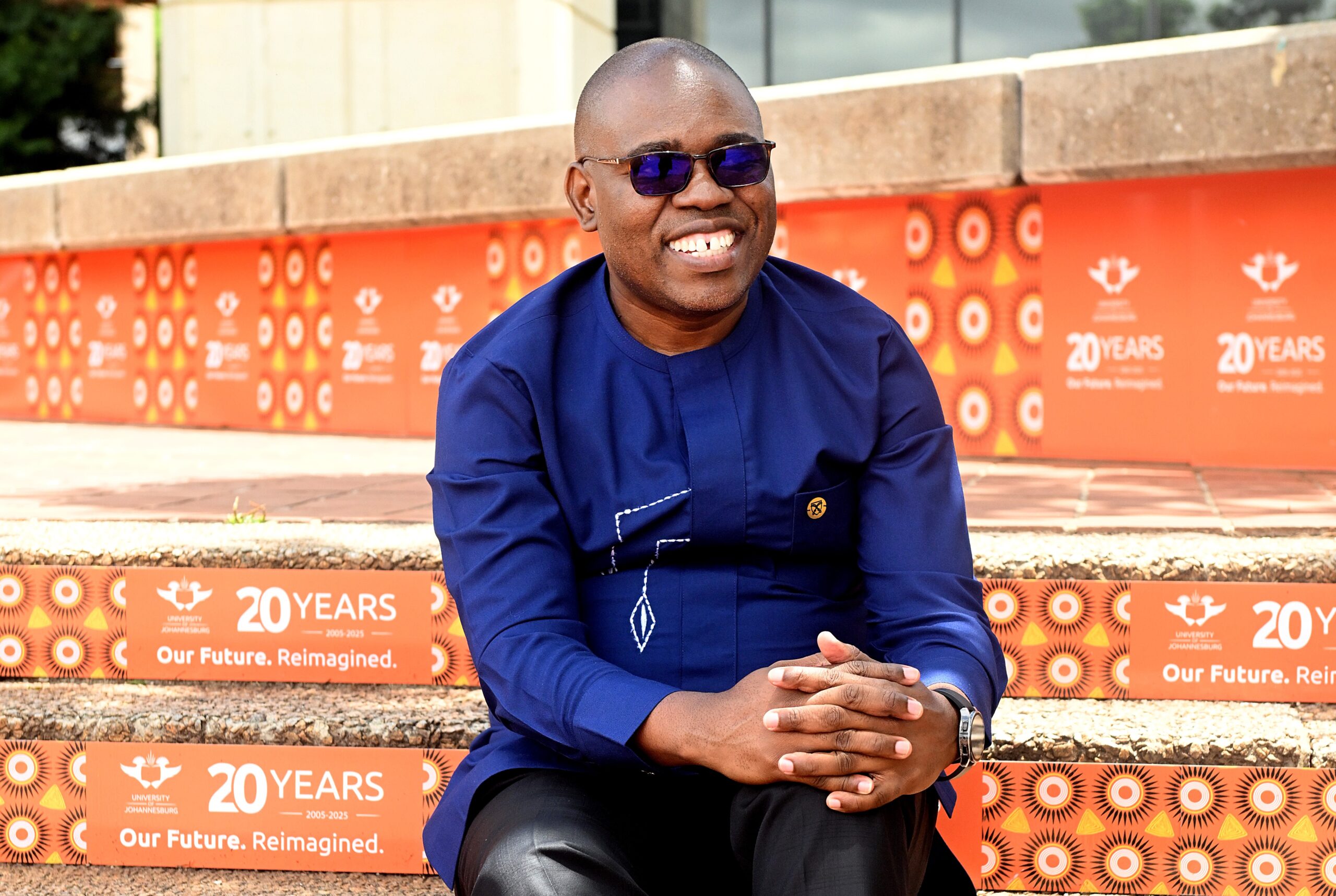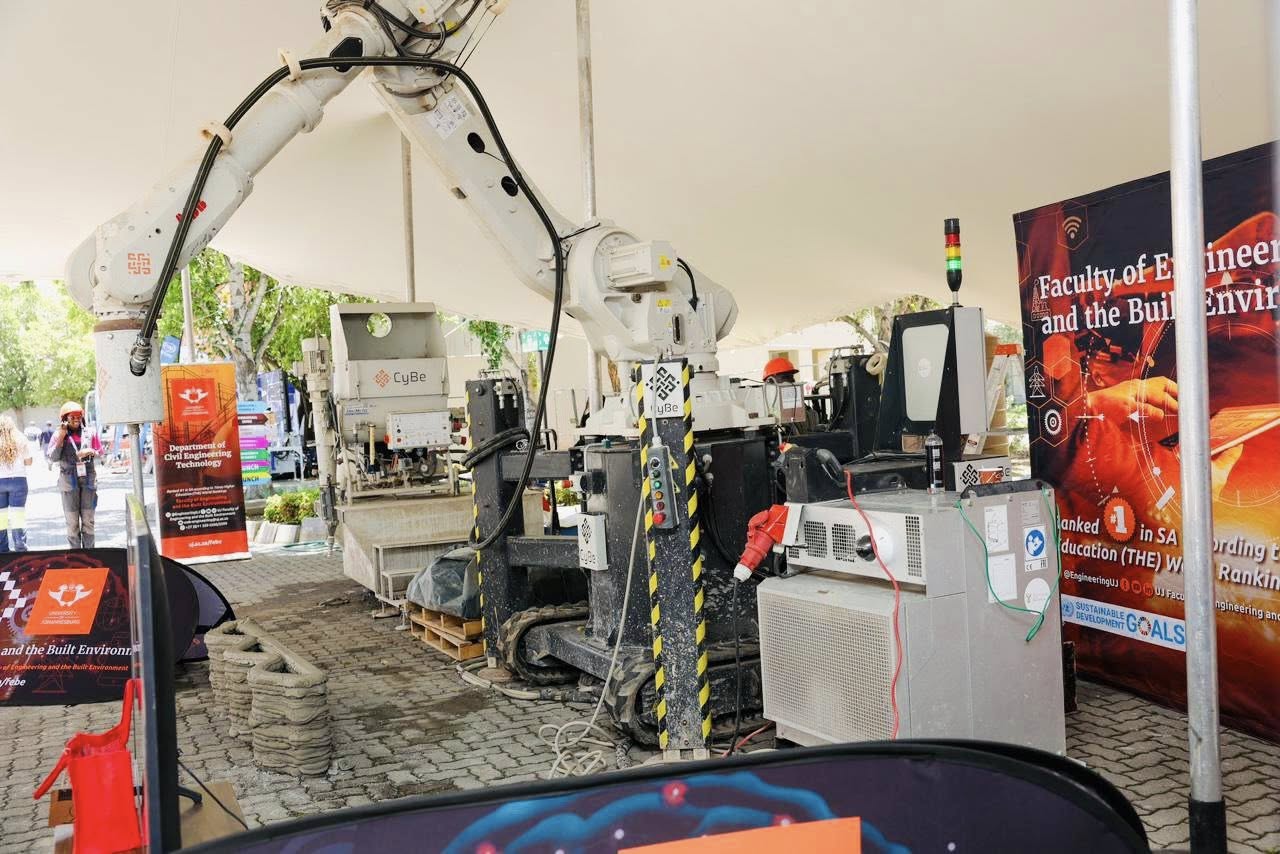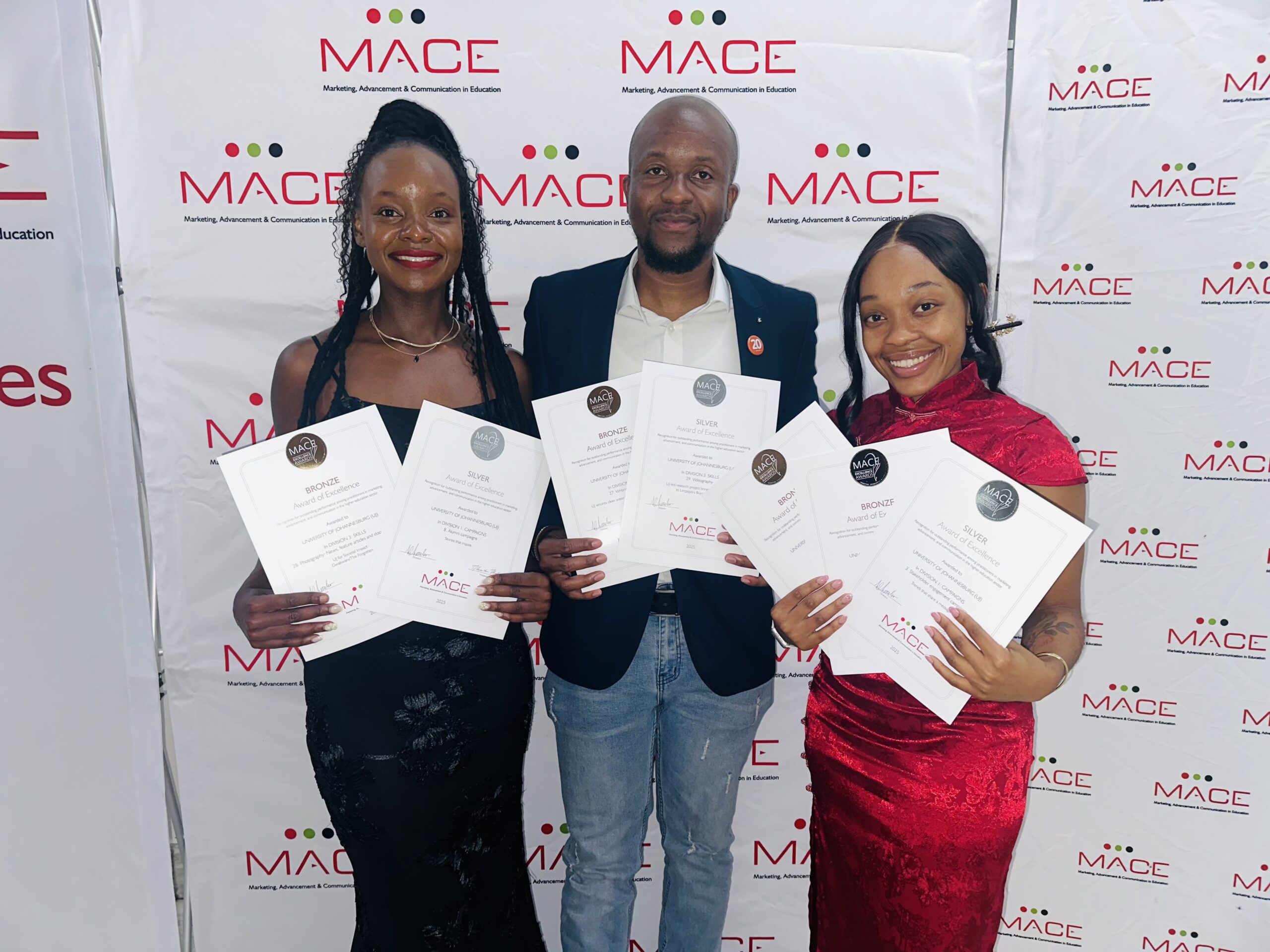In the true spirit of Mandela Month, the University of Johannesburg’s (UJ) Faculty of Humanities partnered with Bidvest Bank to confront one of the most pressing yet under-acknowledged challenges facing higher education today — student hunger.

On the final day of July, Bidvest Bank delivered vital food supplies to the Faculty, providing immediate relief to students struggling with food insecurity, particularly those in the “missing middle” — students who do not qualify for NSFAS but still face significant financial hardship.
“When the request came in, we knew we had to respond,” said Hendrica Monyebodi, Transformation Manager at Bidvest Bank and UJ alumna.
“Our CSI pillars include education and well-being. This contribution came from the heart – many of our colleagues have lived this reality.”
This donation served as a launchpad for the Faculty’s Mandela Month Food Drive, an initiative that mobilised staff, students, and external partners to contribute non-perishable food and financial pledges — while laying the groundwork for a longer-term food security strategy.
Food security as academic support
The Food Drive aligns with UJ’s institutional commitment to inclusive student success — recognising that academic excellence is only possible when students’ basic needs are met.
“We often speak of access to education, but we also need to talk about survival once students arrive,” said Prof Chad Harris, Vice Dean: Teaching and Learning.
“At UJ, we don’t see food relief as charity — it’s an investment in our students. Many arrive full of potential, but hunger undermines their ability to thrive.”
In response to this growing need, the Faculty has established a food working group comprised of academic and professional staff. The team is focused on sustainable interventions including food parcels, hot meals, and innovative partnerships that extend beyond Mandela Month.
“This contribution is not just about food — it’s about restoring dignity,” added Prof Bhaso Ndzendze, Vice Dean: Internationalisation.
“Hunger affects concentration, mental health, and performance. It has no place in our university community.”
Data-driven, sustainable impact
The initiative is not a once-off charity drive, but part of a structured, long-term strategy to support UJ students. The Faculty will track:
- Participation and donation volumes
- Distribution and direct student impact
- Partnerships and volunteer involvement
“We’ll ensure your donation is carefully documented and linked to real students in need,” said Prof Rene Benecke, Associate Professor in the Department of Strategic Communication.
“Our students will be involved in the packing and distribution process to ensure accountability and dignity.”
The Faculty also acknowledged Prof Corne Meintjes, former Vice Dean of Teaching and Learning, as the driving force behind building the partnership with Bidvest Bank — a relationship grounded in shared values and meaningful change.
“We are deeply grateful. This initiative also supports our broader mission of employability and social justice,” said Prof Pragna Rugunanan, Vice Dean: Research.
“Food insecurity is not just a campus issue — it’s a national crisis. Thank you for hearing our call.”
A university that cares
As one of South Africa’s leading institutions, UJ continues to push the boundaries of what a caring university looks like — where transformation is measured not only by enrolment numbers but by how students are supported holistically.
“Mandela Month reminds us that active citizenship is about action. Bidvest Bank’s response to our call was immediate and heartfelt,” said Prof Harris.
“This partnership reflects the kind of university UJ aspires to be — responsive, inclusive, and committed to student well-being.”
The Faculty of Humanities encourages other stakeholders, alumni, and corporate partners to join this growing movement — proving that, in Mandela’s words, “it is in your hands to make a difference.”



